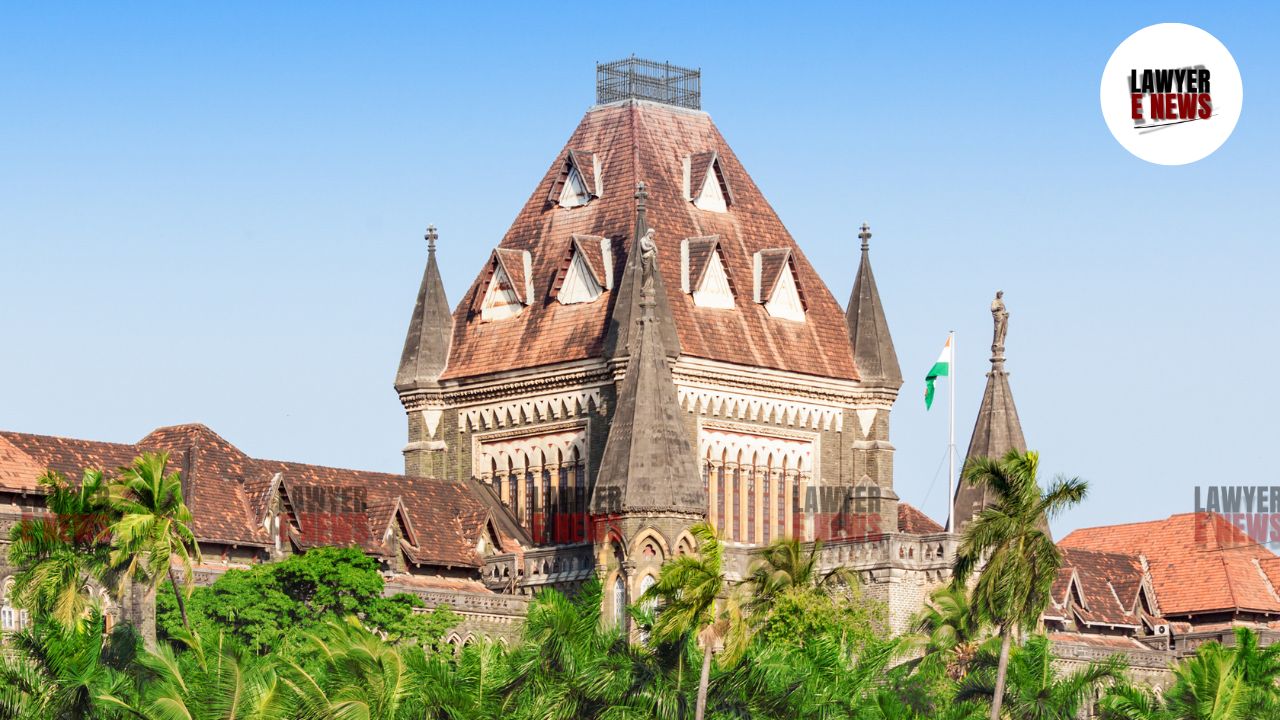-
by Admin
15 February 2026 2:36 AM



In a significant ruling, the Bombay High Court has dismissed a Civil Revision Application filed by the defendants, affirming that a suit for perpetual injunction can be maintained based on possession, even if a registered sale deed is absent. The case revolves around an agreement for sale executed in 1992 for agricultural lands, and the court emphasized that the prima facie possession of the plaintiff under Section 53-A of the Transfer of Property Act supports their claim.
The dispute concerns agricultural lands in Yashwant Nagar, Taluka Vikramgad, District Thane (now Palghar), subject to a sale agreement dated July 13, 1992, between the original plaintiff and the defendants’ mother, Sumati Ganpat Mahajan. The plaintiff had sought a perpetual injunction preventing the defendants from disturbing their possession of the suit lands.
The defendants contested the suit, arguing that the original plaintiff never had possession of the land, no sale deed was ever executed, and that the suit for injunction was not maintainable without such a deed. They further claimed that the suit was an attempt to avoid a time-barred claim for specific performance.
The defendants argued that the plaintiff’s suit for perpetual injunction was based on an unregistered sale agreement, which does not confer any legal right or title to the property. The defense claimed that a suit for injunction is barred under Section 41(h) of the Specific Relief Act, as the plaintiff had the alternative remedy of filing a suit for specific performance, which he chose to avoid due to the limitation period.
However, the court found that the plaintiff had established a prima facie case based on the registered agreement for sale and the evidence of possession. “The agreement for sale dated July 13, 1992, though not fructified into a sale deed, is a registered document and the possession of the suit lands has been handed over to the plaintiff,” the court noted. The court relied on Clause 6 of the agreement, which explicitly mentioned that possession was transferred to the plaintiff, making the suit maintainable.
The court highlighted that under Section 53-A of the Transfer of Property Act, a person who is in possession of the property under an agreement for sale can protect their possession, even if no sale deed is executed. This doctrine of part performance provides an equity in favor of the prospective purchaser.
Relying on the Full Bench decision in Sadashiv Chander Bhamgare vs. Eknath Pandharinath Nangude (AIR 2004 Bombay 378), the court concluded that a suit for injunction is maintainable when possession has been handed over as part of the agreement, even if specific performance is barred.
The court rejected the defendants’ plea to dismiss the suit under Order VII Rule 11(d) of the Civil Procedure Code, which allows for rejection of a plaint when it does not disclose a cause of action. The court found that the plaintiff’s possession of the land was a triable issue and warranted adjudication in the trial court. "Once the agreement is registered, a prima facie case is made out by the plaintiffs that there is an agreement between the parties which needs to be considered," the judgment stated.
“The registered agreement for sale dated July 13, 1992, coupled with the fact that possession was handed over to the plaintiff, makes out a prima facie case for a triable issue,” Justice Milind N. Jadhav observed.
“The doctrine of part performance under Section 53-A of the Transfer of Property Act creates an equity in favor of the prospective purchaser in possession, even if a suit for specific performance is barred by limitation.”
The Bombay High Court’s ruling underscores the legal principle that possession under a registered sale agreement can form the basis for a suit for injunction, even if no sale deed is executed. The decision sets an important precedent, particularly in cases involving land disputes and agreements for sale. The court directed the trial court to expedite the suit, which has been pending for over a decade, and resolve it within six months. The ruling strengthens the position of prospective buyers who are in possession of land but face challenges due to the non-execution of a formal sale deed.
Date of Decision: August 27, 2024
Sumati Ganpat Mahajan (deceased) & Ors. vs. Prabhakar Laxman Dhage (deceased) & Ors.
